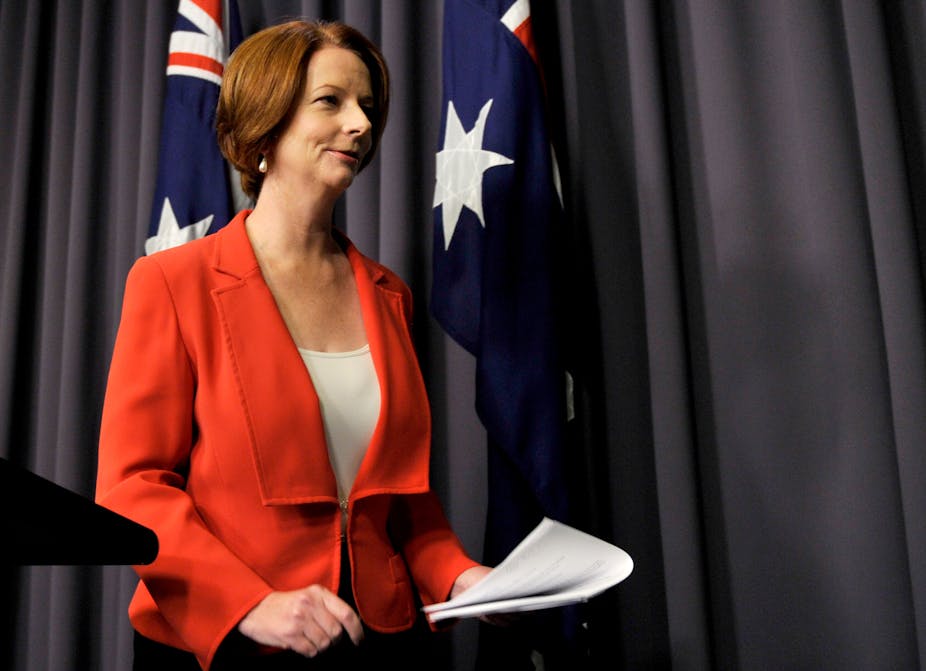One of Julia Gillard’s better days in Australian politics was nonetheless brought to an unusual end yesterday with the resignation of Mark Arbib.
The former right faction leader, who most recently served as Assistant Treasurer and Minister for Sport, stood down from both his ministery and his senate position, citing family reasons. He also said the party needed to “heal” following the ballot.
That development aside, with a Newspoll surprising commentators in the morning by finding of a swing back to the government, the prime minister saw off a challenge to her leadership of the Labor party by her former foreign minister, Kevin Rudd.
With Rudd indicating his willingness to go to the backbench with magnanimity (at least for now) and the Opposition floundering in yesterday afternoon’s parliamentary question time, Gillard may well feel satisfied with the day’s outcome.
Resolving the Rudd question
The Labor spill resolves the Rudd-versus-Gillard leadership dynamic for now, but the fundamental problems for the government have not really gone away. Without a lower house majority, Labor cannot afford to lose a single seat next election. Rather, it must find seats to win from the Liberal-National coalition in order to regain control of the House of Representatives.
The polls may be improving for the government, but the fact is that it is still languishing behind the opposition as the voters’ preferred choice. With the carbon tax due for implementation on 1 July, there is a real prospect of a fall in voter support occurring and Gillard’s leadership may be under pressure yet again.
Rudd now goes to the backbench where he can work on addressing his core problem – specifically, his lack of support in the caucus. Conditions for a leadership change may not be opportune at the moment, but that could change in the future.
No walk in the park

And it’s not all good news for the Coalition. In the House of Representatives sessions after the caucus meeting, the Liberal-National opposition floundered badly in its first opportunity to attack the government and its leader. There is a sense that, in the immediate aftermath of the Gillard-Rudd battle, it is opposition leader Tony Abbott who is under pressure.
Tony Abbott has also struggled to win over the support of the Australian voters as measured by the polls. His problem now is that the Labor party’s recent behaviour ought to set his side of politics up for a very easy victory at the next election.
Any sense that this might not transpire could be dangerous for Abbott’s leadership of the Liberal party. The failure of his team to exploit Labor’s problems in question time hints at a possibility that Abbott might struggle to fully exploit the opportunities being presented to him.
The long road to the polls
Although it’s not clear whether this is a problem for Abbott or not, the fact is that the next election isn’t due – and probably won’t be called – until the latter half of 2013.
Gillard has time to try to reverse polling trends (yesterday’s Newspoll notwithstanding), but it also means Abbott still has time to mount an effective campaign against her.
What’s also not clear is whether Gillard or Abbott will be at the helm of their respective parties when that election is held.
The first round of the leadership battle may be over, but there may be more to come.

